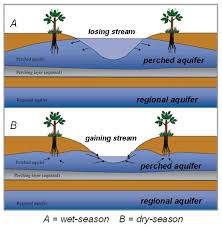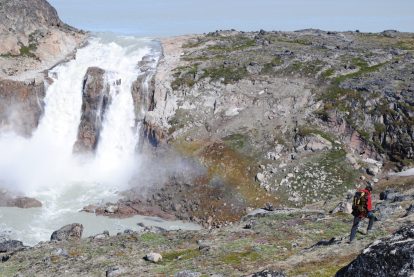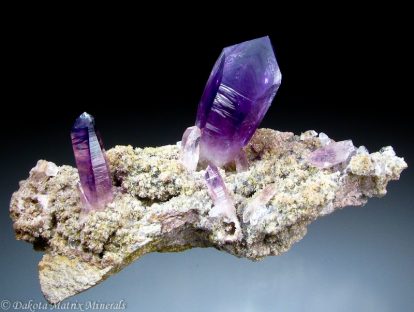Principles of Mineralogy
I teach this course from the perspective of basics of mineral chemistry and physics rather than rote memorization of various mineral properties. The course goals are to provide students with sufficient information to be able to identify minerals and more importantly understand why they have their particular characteristics. The course also covers methodologies for studying minerals, including optical mineralogy and X-ray diffractometry.

Surface and Groundwater Interactions
This course is an introduction to the primary literature about various systems characterized by surface water-groundwater interactions. The three primary environments that will be covered include coasts, the hyporheic zone of streams, and carbonate karst aquifers. Other environments may be included depending on interests of students in the class. Papers will include classic or review papers, as well as papers that have been published within the last few years. The course has several objectives. One is for students to become familiar with our current understanding of these hydrologic and hydrogeologic environments, processes that shape them, and techniques used to observe them. The second is to learn how to read and critically evaluate scientific literature. The third is to learn how to clearly lead, present and contribute to group discussions. The fourth is to develop an ability to compile information from the primary literature and synthesize it into a written document that clearly describes a scientific hypothesis and means to test the hypothesis.

Hydrogeochemistry
This course is designed to introduce students to thermodynamic and kinetic controls of chemical compositions of “natural” water – in other words the class does not include waste water, water management, water treatments, or similar engineered systems. These fundamental chemical principles are applied to various reaction mechanisms that occur between fresh water and the atmosphere, carbonate, silicate and metal-oxide minerals. Some reactions in seawater are sometimes included depending on the interests of students in the class. Learning outcomes include:
- developing a thorough understanding of the theory behind the chemical controls on natural water in multiple systems (groundwater, surface water, seawater);
- having the ability to solve fundamental problems related to the control of water chemistry and reactions between water and rocks, minerals, and organic carbon;
- gain sufficient proficiency in several computer models to solve similar problems using the programs.
